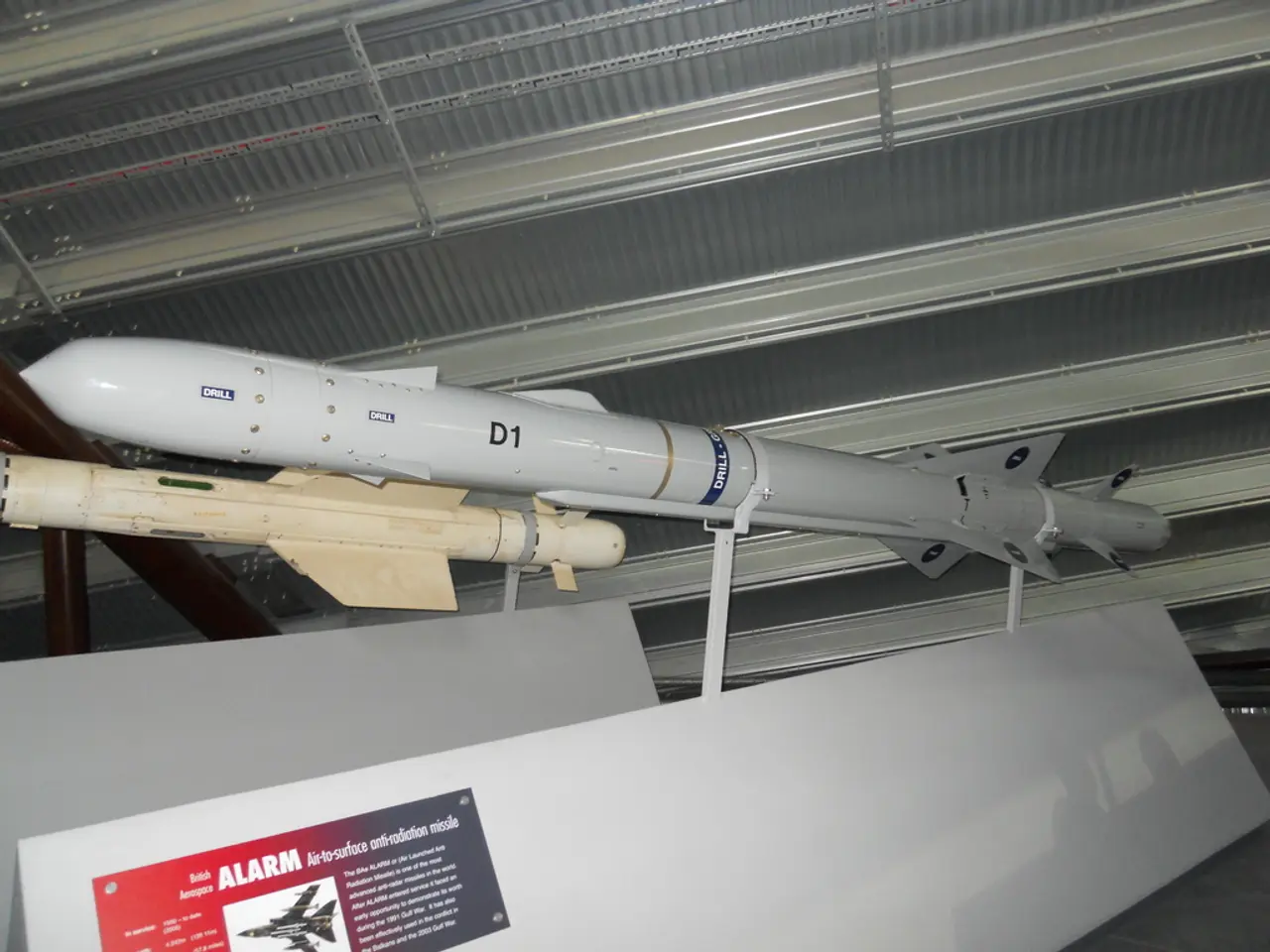Northrop Grumman has resumed work on the Sentinel project and is currently in negotiations to escalate the production speed of the B-21.
Northrop Grumman and the Sentinel ICBM Program: A Path to Recovery
After a year-long pause on much of its development, the Sentinel Intercontinental Ballistic Missile (ICBM) program is currently undergoing a significant restructuring under the guidance of prime contractor Northrop Grumman. The restructuring aims to establish a new program baseline following cost and schedule breaches that led to an estimated $141 billion cost overrun and an 18-to-24 month delay, triggering a Pentagon review under the Nunn-McCurdy Act.
The restructuring efforts have resumed work on launch facility requirements and command-and-launch systems, with close coordination and approval from the U.S. Air Force. The goal is to mature these segments to be on pace with the other two elements of the Sentinel program.
In a bid to incentivize investment in production capacity for the B-21, Northrop Grumman is aiming for a fair and equitable business arrangement. The company has also taken a $477 million charge on the B-21 program to accommodate process changes that could enable an acceleration.
The Air Force and Northrop Grumman are still in negotiations regarding the Sentinel program's production rate ramp, with discussions focusing on adjustments based on inflation and other factors. The negotiations also include options to accelerate the Sentinel program, a move that would likely be welcomed given the current delays.
Meanwhile, the missile element of the Sentinel program is proceeding on schedule. Northrop Grumman has made significant progress in restructuring the program in the second quarter, with the program now considered stable.
Regarding the B-21 bomber production, efforts to accelerate its manufacturing have been underway alongside developments in the Sentinel program. The reconciliation package passed by Congress includes $4.5 billion for the acceleration of the B-21 program, signaling Congressional support for the modernization of the U.S. strategic bomber fleet. However, the specific details on new production timelines or the impact of the reconciliation package were not fully detailed in the available sources.
In summary, the Sentinel ICBM program is currently undergoing a significant restructuring after costly delays. The B-21 bomber production is undergoing efforts to accelerate, with the reconciliation package providing additional funding. The ongoing negotiations between the Air Force and Northrop Grumman are aimed at finding a way to speed up the Sentinel program while maintaining a fair and equitable business arrangement for both parties.
References: 1. Defense News 2. Aviation Week 3. Breaking Defense 4. Air Force Magazine
- The Pentagon's review of the Sentinel ICBM program, instigated by cost overruns and delays, was initiated under the Nunn-McCurdy Act due to the involvement of prime contractor Northrop Grumman.
- The U.S. Space Force, a branch of the Air Force, is closely cooperating with Northrop Grumman in the Sentinel program, particularly focusing on maturing launch facility requirements and command-and-launch systems.
- Northrop Grumman is striving for a balanced business arrangement in investments related to the production capacity for the B-21 bomber, with the goal of accelerating its manufacturing.
- As the missile element of the Sentinel program progresses as scheduled, investments in technology and aerospace industries are expected to support and drive the recovery of both programs.








